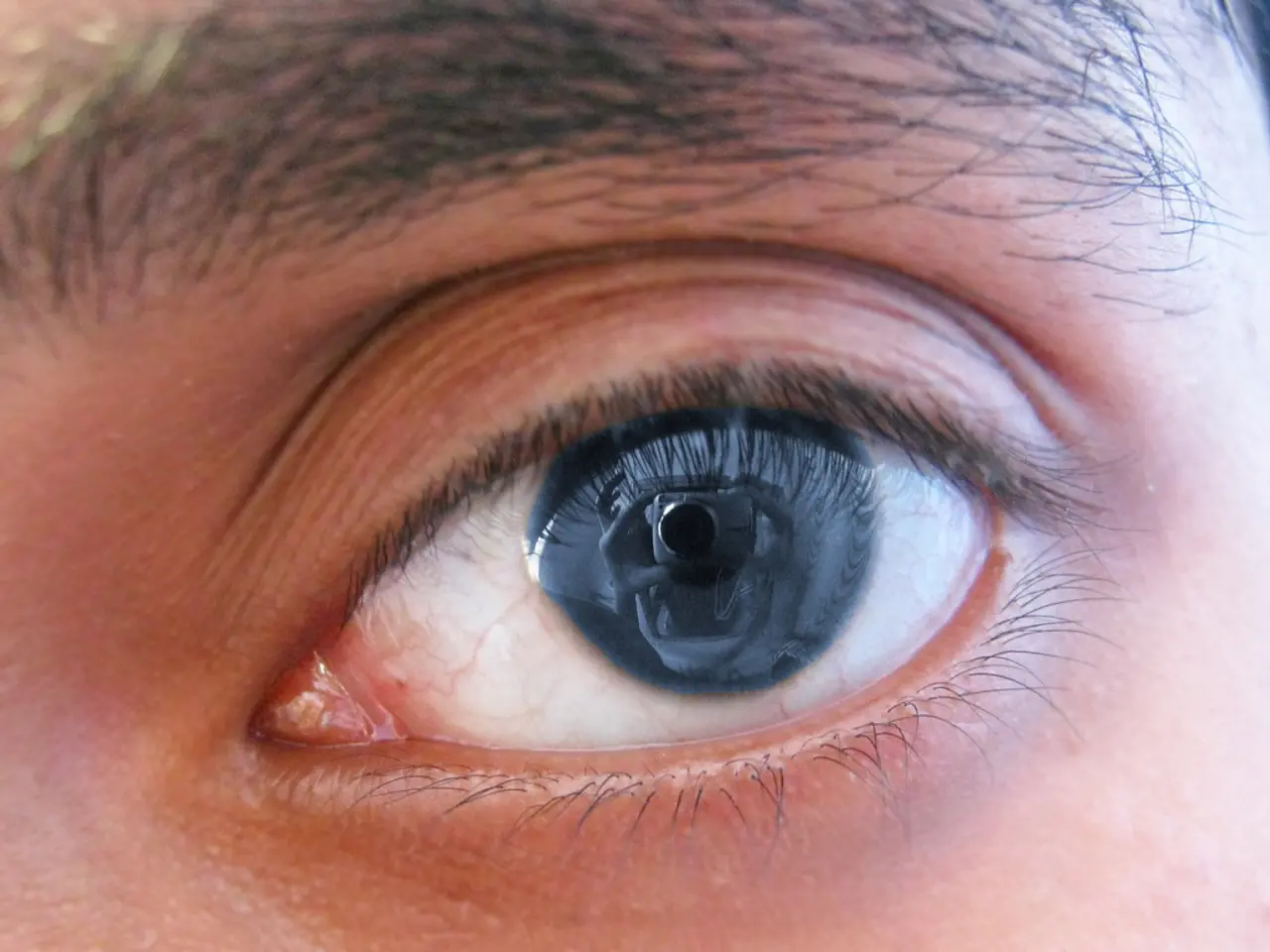Revolution in eye care through gene therapy application
In a groundbreaking development, the European Union approved Luxturna, the first gene therapy for a rare inherited retinal disease that can lead to blindness, in 2018. This approval marks a significant milestone in the field of gene therapy, particularly in ophthalmology.
Luxturna replaces a defective gene (RPE65) in the retina with a healthy one, enabling children who receive the treatment to ride bikes at night, a feat previously unattainable. The effect of Luxturna typically sets in within days to a few weeks.
For those affected by eye diseases, previously considered incurable conditions are becoming increasingly treatable. AMD patients, for instance, have been able to reduce regular anti-VEGF injections by 80 to 98 percent after a single treatment with Ixo-Vec gene therapy. The Ixo-Vec therapy, proven to work in the eye, is showing promising results in clinical trials targeting age-related macular degeneration.
The president of the German professional society considers Ixo-Vec therapy a significant achievement, but emphasizes that it is just the beginning for gene therapy advancements. New techniques like CRISPR-Cas9, antisense oligonucleotides, optogenetics, and the Ixo-Vec therapy could enable further breakthroughs in gene therapy.
CRISPR-Cas9, a genome editing tool, is already being researched for its potential in correcting mutations in retinal photoreceptors for eye diseases. Current clinical studies are being conducted in Germany, including at the Max Delbrück Center in Berlin, to repair mutations causing hereditary kidney disease. Antisense oligonucleotide therapies and optogenetics are being tested primarily in ophthalmology for conditions like age-related macular degeneration and diabetic retinopathy, aiming to prevent harmful protein formation and restore light sensitivity to retinal cells.
Optogenetics, a research approach, could help in advanced disease stages of eye conditions. It is a promising method that could potentially offer new treatment options for those who have exhausted other therapies.
So far, no severe side effects have been reported for Luxturna treatment. Clinical studies with genome editing using CRISPR-Cas9 are already underway, indicating a promising future for gene therapy.
These advancements are expected to apply to millions of people with common retinal diseases in the long term. The APA - Austria Presse Agentur eG, the largest national news and press agency in Austria, based in Vienna, will undoubtedly continue to report on these exciting developments as they unfold.
Read also:
- Connection Between ADHD and Trauma?
- West Nile Virus detected in Kentucky for the first time; authorities advise locals to adopt safety measures
- Eradicating and Disposing of Head Lice: Therapies and Home Remedies
- Microcosmic Universe Within Humans: Potential Secret to Human Longevity, Scientists Speculate







